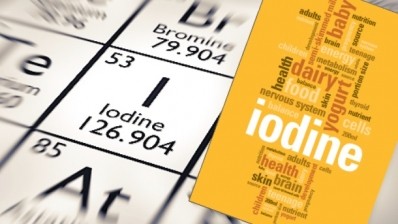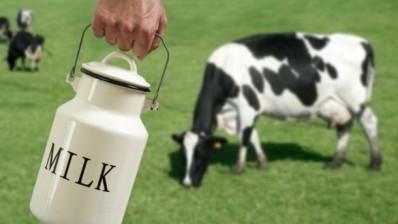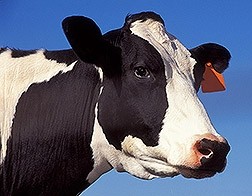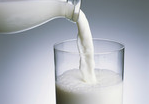'Serious implications for public health': Study finds organic milk contains a third less iodine
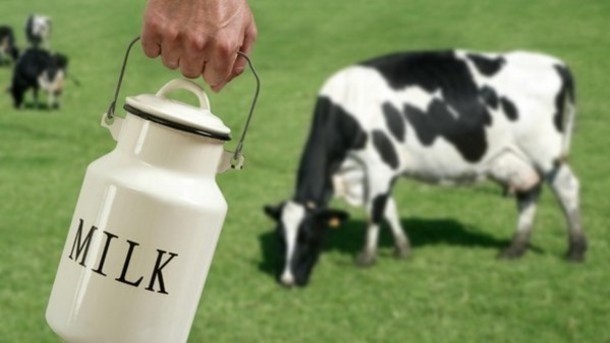
As detailed in their study, Effect of milk type and processing on iodine concentration of organic and conventional winter milk at retail: Implications for nutrition, researchers at the University of Reading discovered that iodine levels were 32.2% lower in organic winter milk.
Ultra-heat treated (UHT) milk was meanwhile 30% lower in iodine than conventionally-produced milk, said the study, published in the journal Food Chemistry.
“Organic and UHT milk is not bad for you, and drinking all types of milk has numerous health benefits," said lead researcher, Ian Givens, University of Reading, in a statement.
"But to get the same amount of iodine as in a pint of conventional pasteurised milk, you would need to drink around an extra half-pint of organic or UHT milk.”
"Serious implications for public health"
British consumers are increasingly swapping conventionally-produced for organic and UHT - a trend Givens said could lead "serious implications for public health."
Health organisations, including the UK National Health Service (NHS), recognise the role played by iodine in a baby's brain development.
Earlier studies, cited in the University of Reading statement, have linked iodine deficiency in mothers during pregnancy with lower IQ in children.
UK organic certification body, the Soil Association, branded the suggestion “pure scaremongering.”
“This study does not include measures of iodine levels in individuals who consumed organic milk or IQ for babies whose mothers did. Therefore there is no evidence to show mothers consuming organic milk have lower iodine levels," it said.
"Reflects former practices"
Weighing in, Judith Bryans, CEO, Dairy UK, said the University of Reading study "reflects former practices."
"The fact that organic cows historically do not receive iodine in feed may explain why iodine levels have in the past been lower in organic milk," she said. "This practice however has now been changed."
"At the end of 2014, the industry resumed the practice of enriching feed with iodine and recent testing carried out in January 2015 on a representative number of milk samples found no significant difference in iodine levels between organic and conventional milk."
If the same tests were carried out at the end of this year "we'd likely see different results," Bryans told DairyReporter.com.
Source: Food Chemistry doi:10.1016/j.foodchem.2015.01.091
Title:Effect of milk type and processing on iodine concentration of organic and conventional winter milk at retail: Implications for nutrition.
Authors: L Payling, D Juniper, C Drake, C Rymer, I Givens.
